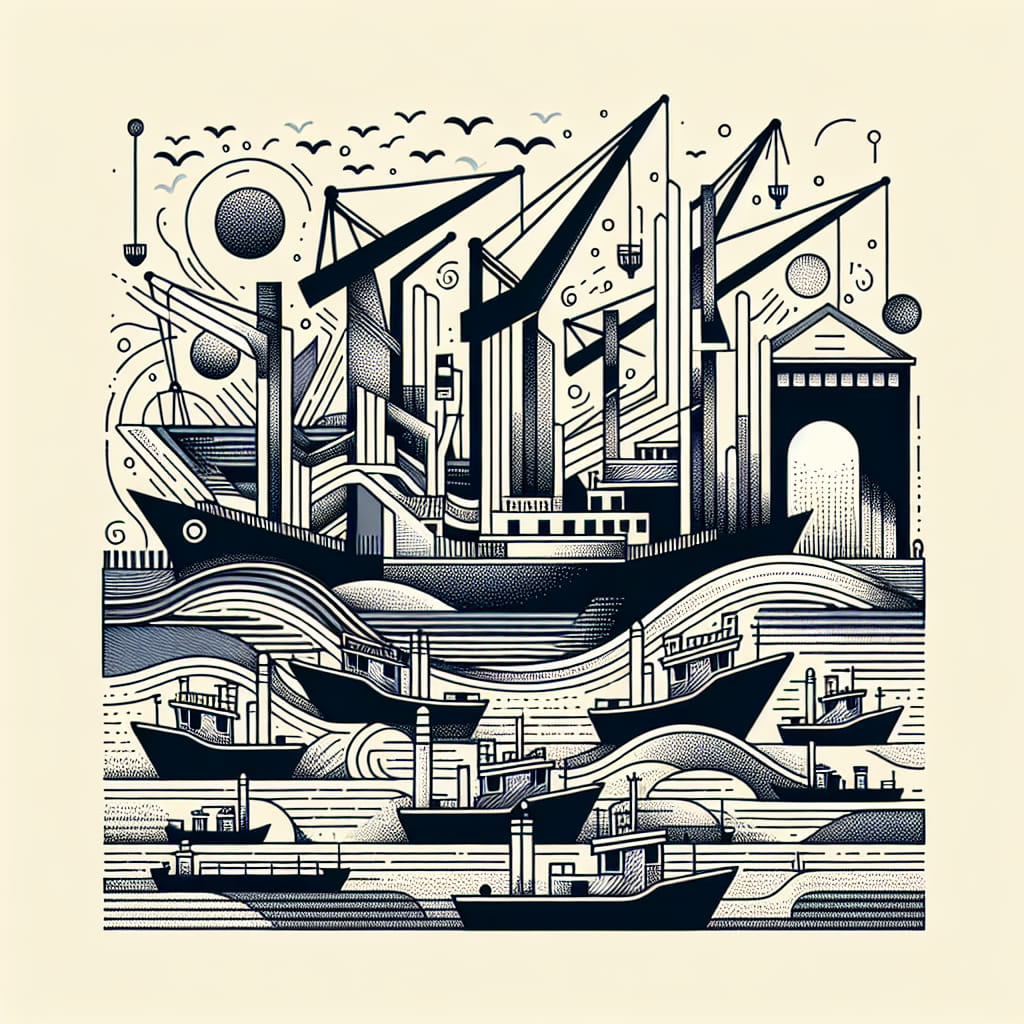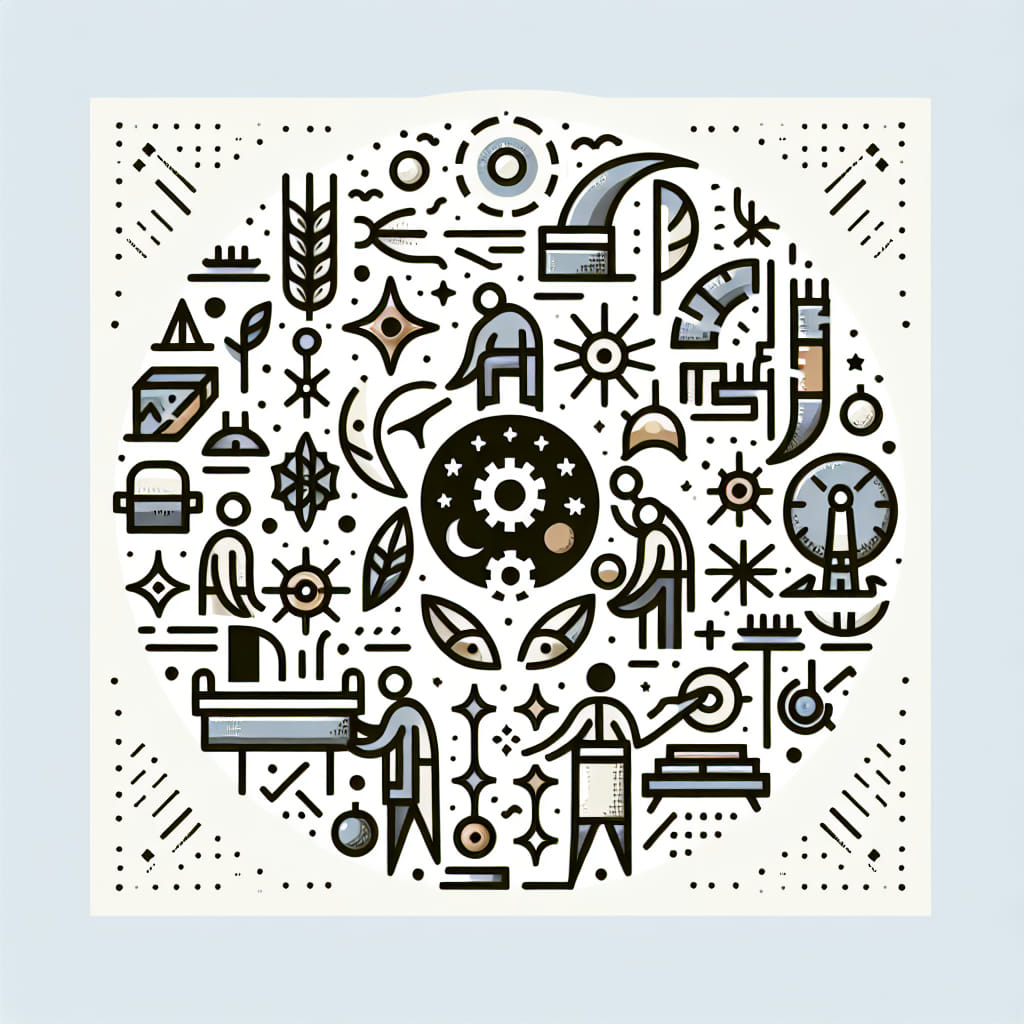· word of the day · 3 min read
Tersane: Discover the Fascinating World of Turkish Shipyards
Expand your Turkish vocabulary with the word Tersane which means shipyard and discover its rich cultural and historical significance.

Discovering unusual words in a new language can be a thrilling adventure. It opens doors to deeper cultural insights and enriches your vocabulary in ways that go beyond textbooks. Today, we’re diving into an intriguing word from the Turkish language related to transportation and directions. This word will not only expand your linguistic horizons but also give you a glimpse into Turkish culture and daily life.
Tersane (tehr-sah-neh)
Pronunciation: /ˈtehr.sah.neh/
Meaning: Shipyard
Cultural Significance
The word “tersane” dates back to the Ottoman Empire, a time when shipbuilding was a crucial industry. Tersanes were bustling hubs of activity, where skilled craftsmen built and repaired ships that sailed the Mediterranean, the Black Sea, and beyond. These shipyards played a vital role in trade, military endeavors, and exploration.
In modern Turkey, the word still holds significant importance. While the methods and technologies have evolved, the essence of tersane as a place of creation and repair remains the same. From Istanbul’s historic Haliç Tersanesi (Golden Horn Shipyard) to contemporary facilities, shipyards are integral to the maritime culture of Turkey.
How It’s Used
Understanding how “tersane” is used in sentences can help you get a feel for its practical applications. Here are a few examples:
Tarihi tersane, şehrin en eski yapılarından biridir.
- The historic shipyard is one of the oldest structures in the city.
Yeni gemi tersanede inşa ediliyor.
- The new ship is being built in the shipyard.
Tersanede çalışmak oldukça zordur ama çok tatmin edicidir.
- Working in a shipyard is quite challenging but very rewarding.
Idiomatic Expressions and Sayings
While “tersane” itself might not appear in many idiomatic expressions, the concept of shipbuilding and maritime activities is deeply embedded in Turkish idioms and sayings. Here are a couple of related expressions:
Denize düşen yılana sarılır.
- Literally: Someone who falls into the sea grabs hold of a snake.
- Meaning: In desperate situations, people will take any help they can get.
Gemiyi kurtaran kaptandır.
- Literally: The captain who saves the ship.
- Meaning: A leader is responsible for the well-being of their team or project.
These expressions highlight the importance of maritime culture in Turkish life and language.
Role in Literature and Folklore
Shipyards and maritime themes are prevalent in Turkish literature and folklore. In many folk tales, the sea is a place of adventure and mystery, often serving as a backdrop for epic journeys and heroic deeds. The shipyard, or tersane, is where these journeys begin, making it a symbol of new beginnings and endless possibilities.
One famous example is the story of Piri Reis, an Ottoman admiral and cartographer. His maps and navigational skills were legendary, and his career began in the bustling tersanes of the Ottoman Empire. Stories like his are a testament to the enduring significance of shipyards in Turkish history and culture.
Why Learning Words Like “Tersane” Matters
Learning a word like “tersane” does more than just add to your vocabulary. It connects you to a rich tapestry of history, culture, and daily life in Turkey. Such words offer a deeper understanding of the language and the people who speak it.
By exploring terms that are deeply rooted in a culture, you gain insights that go beyond mere translation. You start to see the world through the eyes of native speakers, appreciating the nuances and contexts that make a language truly come alive.
If you’re eager to continue your journey into the Turkish language, consider downloading Glosa, an app designed to make language learning engaging and effective. Click here to get started.
Incorporating words like “tersane” into your vocabulary will not only make your Turkish more authentic but also enrich your overall language learning experience. Happy learning!




